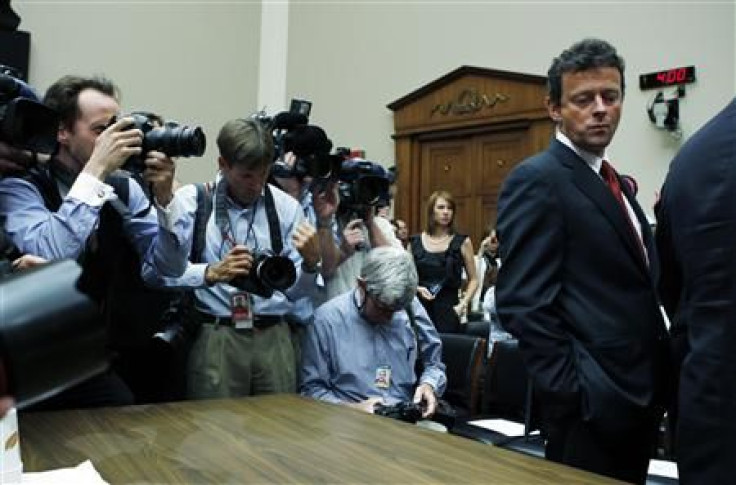European Union Imposes Fresh Regulations on Offshore Oil and Gas, Responding to 2010 BP Oil Spill

The Council of the European Union has adopted fresh legislation to reduce the risk and impact of major accidents stemming from offshore oil and gas operations.
The new regulatory framework puts into place minimum safety standards for offshore exploration and exploitation of oil and gas, and clarifies how nations and companies must respond to major accidents.
The text of the legislation mentions the 2010 British Petroleum (LSE:BP) oil spill, in the Gulf of Mexico, as one accident which spurred fresh regulation.
According to the legislation, an “existing divergent and fragmented regulatory framework … and current industry safety practices do not provide a fully adequate assurance that the risk of offshore accidents is minimized throughout the Union.”
A European Council spokesperson said that the regulation applies to all companies headquartered in the European Union, even if their offshore oil and gas activities aren’t located in Europe.
“The aim is to prevent such incidents happening,” said the spokeswoman, referring to major accidents like the BP oil spill. “If it happens, then this new legislation establishes rules on how to proceed, and what should be done.”
She said the European Parliament also voted to back the legislation in May. The directive also aims to improve co-operation between member states and make the information they share more transparent.
The law applies to both existing and future installations, and takes effect in roughly two months. Member states with offshore waters have about two years to transpose the directive into national legislation, however.
The European Council spokeswoman said impact assessments and studies done by the European Commission contributed to the three-year lag between the 2010 accident and the ratification of this new regulatory framework.
According to Bloomberg, oil and gas companies must submit special hazard reports and emergency response plans before they can start their offshore operations.
Operators must also prove that they can pay for potential liabilities. The legislation shifts the zone for liabilities from 22 kilometers from the coast, to 370 kilometers from the coast.
According to an EU press release, more than 90 percent of oil and more than 60 percent of gas produced in the EU and Norway come from offshore operations.
For more information on the EU’s draft standards on offshore oil and gas, look here.
© Copyright IBTimes 2024. All rights reserved.












